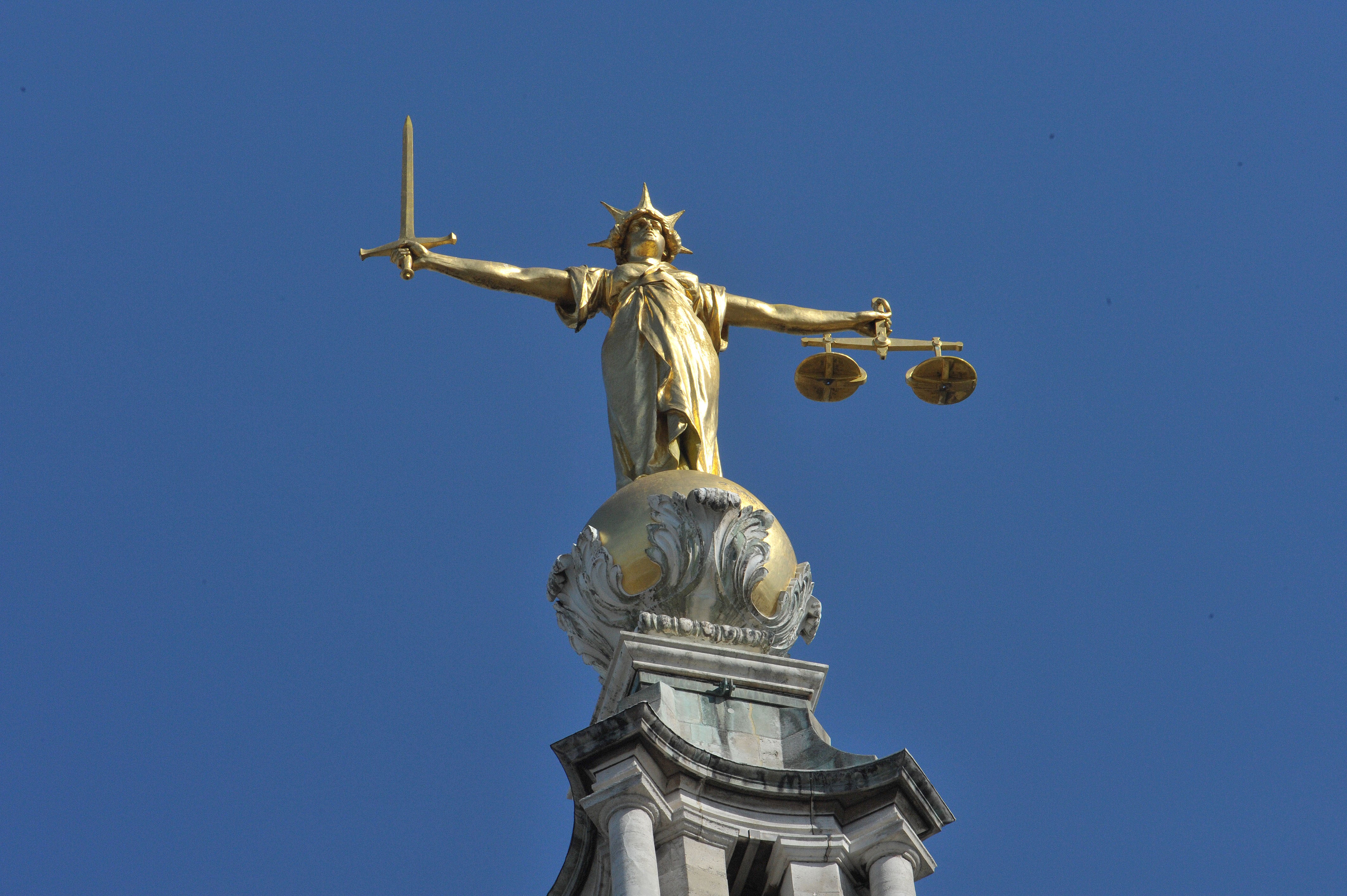Government pledges overhaul of legal aid system
Proposed changes to a means testing threshold will see ‘millions more’ have access to representation.

All children will get free legal representation for the first time while some lawyers could receive a pay rise as part of an overhaul of the legal aid system.
The Government plans will mean that, for the first time, no-one under the age of 18 involved in criminal or civil cases and requiring representation will have to pay for a lawyer.
This will also apply for parents challenging doctors over the withdrawal of a child’s life support under the “wide-ranging reforms” unveiled by the Ministry of Justice (MoJ).
The challenges faced by the criminal justice system result from decades of underinvestment and will take years to repair, but this announcement will help start to rebuild a criminal justice system that the public wants and deserves
Proposed changes to a means-testing threshold will see “millions more” have access to representation when they cannot afford to pay for legal advice, the department said.
Criminal lawyers who carry out legal aid work have been promised the “biggest pay boost in a decade” as part of a pledge to make the system “fit for the 21st century” and ensure professionals are “better paid for the work they actually carry out and help free up capacity in courts”.
Up to an extra £135 million will be spent on the sector every year to match recommendations by Sir Christopher Bellamy QC, who carried out a review of the system, according to the MoJ.
Mark Fenhalls QC, chairman of the Bar Council, said some of the plans will “help the most vulnerable have access to justice” and welcomed the promise to “inject urgently needed money into the legal aid system”.
He added: “The challenges faced by the criminal justice system result from decades of underinvestment and will take years to repair, but this announcement will help start to rebuild a criminal justice system that the public wants and deserves.”
Without a substantial increase in criminal legal aid fees, the alarming exodus of prosecutors and defenders from criminal work will continue if not accelerate
Law Society of England and Wales president I Stephanie Boyce described the plans to increase some rates for lawyers as a “relief”, adding: “This investment represents a welcome first step towards repairing our criminal justice system.”
But Jo Sidhu QC, chairman of the Criminal Bar Association (CBA), said members had made it “absolutely clear that without a substantial increase in criminal legal aid fees, the alarming exodus of prosecutors and defenders from criminal work will continue if not accelerate”.
He said the increase in fees suggested by Sir Christopher “will not be sufficient to retain enough criminal barristers to keep the wheels of justice turning and that means victims will be failed”.
Raising income and capital thresholds for legal aid could mean more than two million extra people in England and Wales will have access to civil legal aid and 3.5 million more can access criminal legal aid at magistrates’ courts, according to MoJ estimates.
The changes also mean families will not have to pay for legal representation at inquests into the death of a loved one “where there has been a potential breach of human rights”.
Domestic abuse victims disputing house ownership “will particularly benefit from our proposal that disputed assets will not count towards their wealth”, the department added.
The financial cap on eligibility for defendants in crown courts, which has “forced some innocent people to pay their own legal costs despite being acquitted”, will also be scrapped, the MoJ said.
Deborah Coles, director of the charity Inquest, said the changes, which will help bereaved families following years of campaigning, mark a “huge step forward” and will make the process fairer.
But she warned the plan “falls short” of making sure families at all inquests where the state is represented or involved are “publicly funded for their legal representation”, adding: “Only then will bereaved people have the access to justice and greater equality of arms that is required.”
Justice Secretary Dominic Raab said: “We owe our whole legal profession – solicitors, barristers, court staff and judiciary – a debt of gratitude for keeping the wheels of justice turning over the last two years.
“That’s why we are accepting Sir Christopher Bellamy’s recommendation for an uplift in fees and a total of £135 million extra investment to ensure legal representation is there for those who most need it as we build back a stronger and fairer society after the pandemic.”
Bookmark popover
Removed from bookmarks